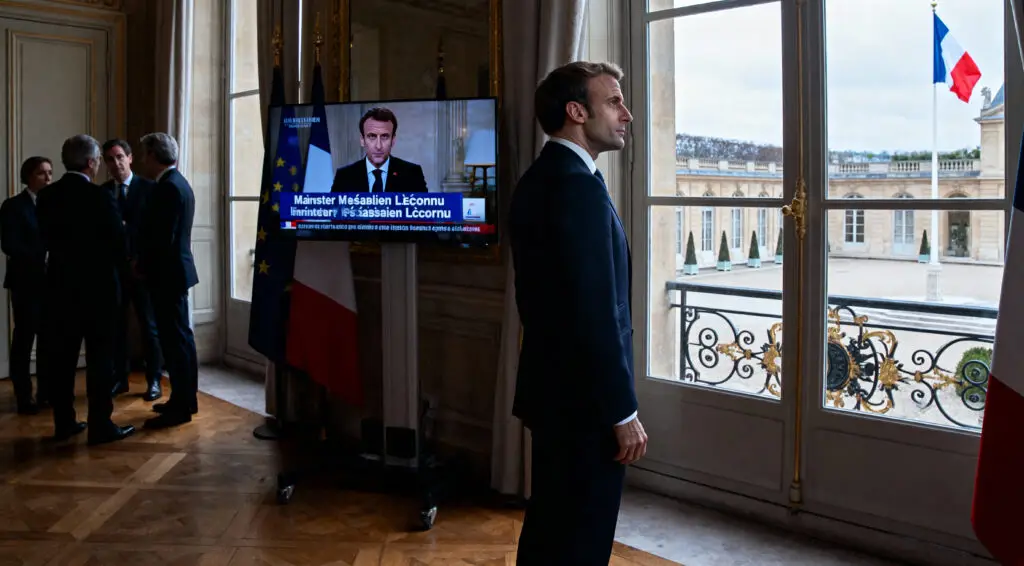Macron’s Government Faces Unprecedented Instability
France is once again in the throes of political turmoil following the abrupt resignation of Prime Minister Sébastien Lecornu — the fifth to depart under President Emmanuel Macron in less than two years.
Lecornu stepped down just 27 days into office, deepening a crisis that has left Macron’s administration struggling to maintain control. His exit, hours after unveiling a controversial cabinet, has intensified calls from both the left and right for Macron to dissolve parliament or even resign.
A Parliament Divided and a Nation Restless
France’s National Assembly remains gridlocked, split between far-right, far-left, and centrist blocs with no stable majority. Efforts to pass critical legislation, including the national budget, have stalled amid widening ideological divides.
The failure to build consensus has heightened public frustration, with many citizens viewing the government as detached from economic and social realities. This paralysis underscores a deeper crisis of representation within the French political system.
Opposition Calls Grow Louder for Macron to Step Down
Far-right figures such as Marine Le Pen and Jordan Bardella have accused Macron of clinging to power despite a collapsing mandate. They argue that only new elections can restore legitimacy and stability.
On the left, France Unbowed leader Jean-Luc Mélenchon has echoed similar demands, framing the crisis as proof of Macron’s failed leadership. Even moderate voices within parliament are questioning whether the president can continue governing effectively under such strained conditions.
Recommended Article: France Faces Crisis as New Prime Minister Confronts Protests
Macron’s Supporters Urge Caution and Continuity
Members of Macron’s Renaissance party, including Eleonore Caroit, argue that snap elections could worsen instability. They emphasise the need to maintain continuity and avoid further weakening France’s international standing.
Macron’s allies believe he can still rebuild consensus by engaging with both centrist and moderate opposition leaders. However, internal divisions and growing public disillusionment make this path increasingly difficult to sustain.
Economic and Social Stakes Heighten the Pressure
The ongoing impasse has rattled financial markets and raised concerns over France’s ability to manage its growing debt burden. The CAC 40 index dropped sharply after Lecornu’s resignation, reflecting investor anxiety over political uncertainty. Meanwhile, local governments are warning that delayed reforms could strain public services and undermine social stability. The combination of fiscal fragility and political paralysis risks undermining France’s credibility within the European Union.
What Options Remain for Macron?
Analysts suggest three possible paths forward. Macron could appoint another technocratic prime minister to maintain administrative continuity, though this risks further alienating voters. He could also dissolve the National Assembly and call snap elections — a high-stakes gamble that could hand power to the far right. The third option is to pursue a grand coalition, bridging ideological divides to restore governance. Each path carries significant political and social risks.
A Nation at a Political Crossroads
France’s deepening political crisis highlights a broader struggle between public frustration and institutional resilience. Macron’s leadership faces its most critical test as pressure mounts from across the spectrum.
Whether through compromise, coalition, or new elections, the decisions made in the coming weeks will shape France’s democratic trajectory for years to come. As the president weighs his next move, the question remains: can France’s political system adapt, or is a fundamental reset inevitable?























